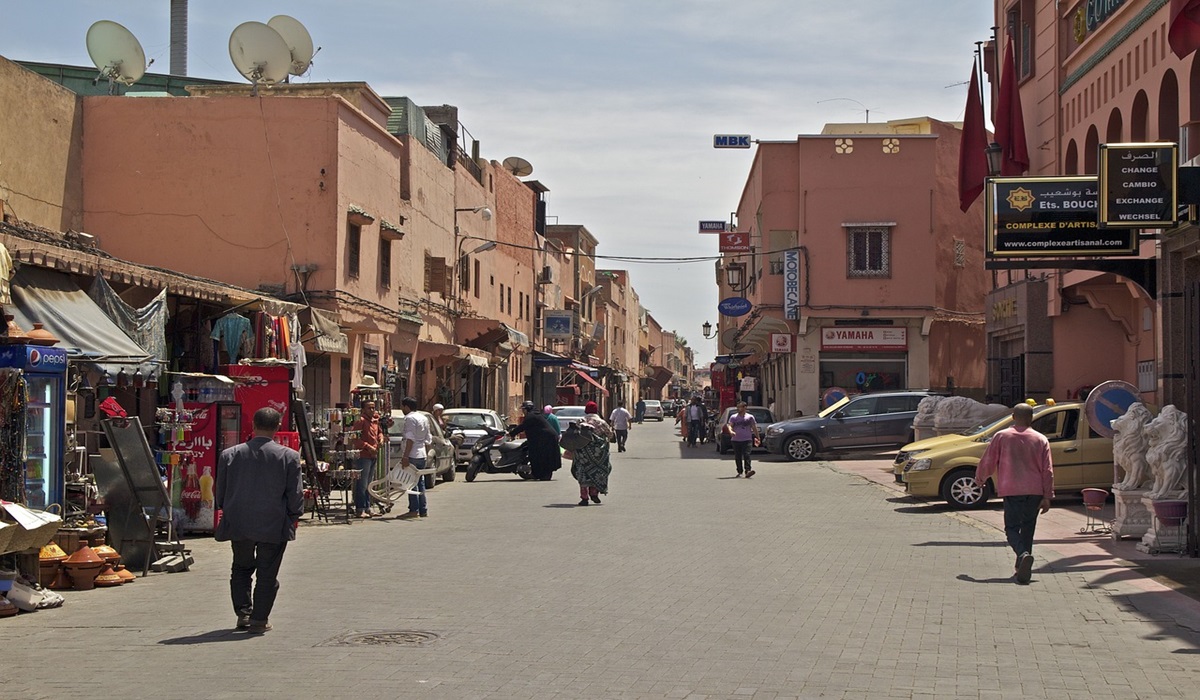Image credit, Jonny_Joka
In a recent report by Adnen Chaouachi for CGTN, it has been revealed that the inflow of remittances from Moroccans living abroad reached an impressive $1.6 billion in the first two months of 2024. This figure marks an increase of nearly 9 percent compared to the same period last year, signifying a significant boost to Morocco’s economy.
Over the past seven years, remittances in Morocco have consistently shown an upward trajectory, reaching a record high of $11.5 billion in 2023. This surge has been attributed to various government policies aimed at enhancing diaspora earnings, including incentives designed to encourage migrants to send money back home. These financial contributions have played a pivotal role in bolstering the country’s economic growth.
According to Moroccan MP Khammar Mrabit, the government’s incentives are crucial in maintaining the flow of remittances, considering Moroccans living abroad as an integral part of the nation’s economy. He notes that remittances are so significant that Moroccans living abroad are often considered as residing in the “13th region” of the country.
Economists like Omar Kettani further emphasize the impact of remittances on Moroccan households, with two-thirds of the funds being used for daily expenses and the remaining third allocated to investments in various sectors such as small businesses, construction, renovation, and agriculture. These investments not only contribute to individual prosperity but also stimulate economic growth across different regions, particularly in remote areas where financial resources are scarce.
The decreasing cost of transferring remittances over the years has made these financial aids more accessible to recipients. For many Moroccans, remittances are a lifeline, especially during periods like Ramadan, where the assistance is particularly welcomed and utilized for various expenses including bills, rent, and food, as expressed by Rabat resident Ahmed El Kassar.
Beyond the economic aspect, remittances also serve as a symbol of strong social ties and solidarity within Moroccan communities. Sarra Hanfi, another Rabat resident, highlights the significance of remittances in supporting families during religious festivities and as a means of extending help to neighbors in need.
Morocco stands out as one of the top recipients of remittances in both Africa and the Middle East and North Africa region. Experts argue that these inflows not only mitigate economic challenges but also provide stability during times of crisis, showcasing the resilience and importance of the Moroccan diaspora in sustaining the country’s economy.









